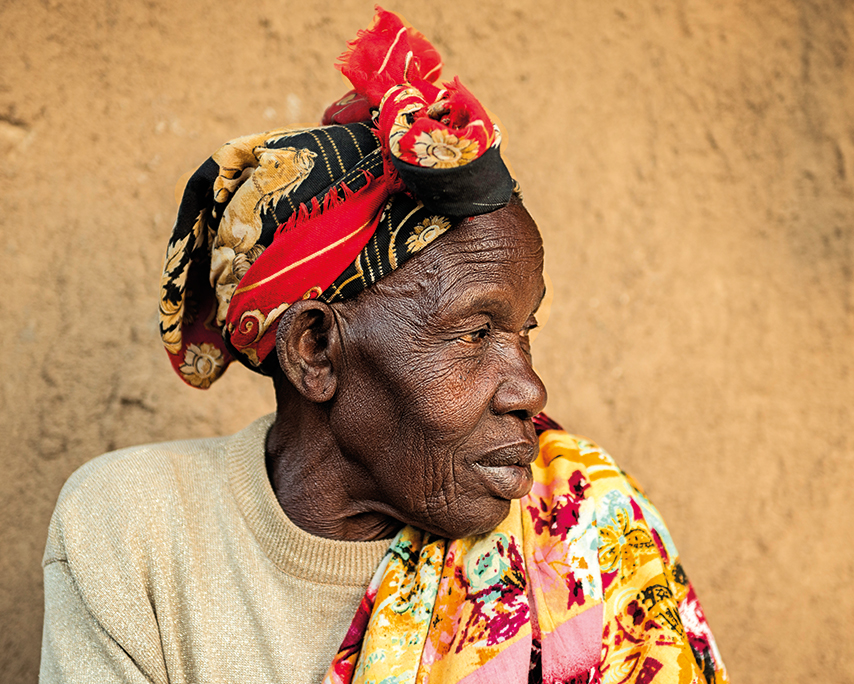World Elder Abuse Awareness Day
Progress on care of the elderly in Kenya
From a legislative standpoint, Kenya has made commendable efforts. The Constitution of Kenya (2010) and the National Policy on Older Persons and Ageing (2014) are significant milestones. The Inua Jamii cash transfer programme offers direct financial support to vulnerable older persons, and the draft Older Persons Bill (2024) promises even more structured legal protection.
However, implementation gaps remain. Laws on paper do not always translate into lived protections. Budgetary constraints, inadequate enforcement, and limited public awareness hinder progress. Moreover, while cash transfers are helpful, they are not a silver bullet. Comprehensive social services, including mental health, long-term care, and community-based support, remain underdeveloped.
From the viewpoint of NGOs and human rights defenders, the situation is mixed. Organisations such as HelpAge Kenya and EACHRights appreciate the legal progress but remain concerned about widespread elder abuse, especially in rural areas where oversight is minimal. The criminalisation of witchcraft accusations, a common basis for elder violence, remains weakly enforced.
Human rights advocates argue that elder care in Kenya often relies too heavily on the family unit without institutional backup. Civil society groups emphasise that rights without accountability mechanisms fail the vulnerable. They call for stronger elder justice systems, national helplines, and elder abuse data tracking, tools that are currently either missing or weakly developed.
Culturally, older persons in African societies were traditionally revered as custodians of wisdom and heritage. However, urbanisation, migration, and modern economic pressures have eroded these structures. Many elderly now find themselves isolated, impoverished, and sometimes blamed for misfortunes, particularly in cases of disease or natural disasters, where accusations of witchcraft remain tragically common.
In this light, protecting the elderly becomes not only a policy issue but also a cultural reform agenda. Efforts must focus on restoring respect for older generations while also sensitising communities about age-related vulnerabilities, mental health, and social inclusion.
From an economic lens, older persons face systemic neglect. Though the Inua Jamii programme is a start, most older Kenyans lack pensions or sustainable income. Many worked in the informal sector without savings or social security, making them economically dependent or destitute in old age. Furthermore, older people who are still willing and able to contribute economically are often overlooked. Ageism in hiring and lack of flexible work options contribute to economic exclusion. Investing in senior-friendly business models and retraining programmes could unleash untapped potential.
Health professionals often raise concerns that services remain ill-equipped to cater to the unique needs of older people. The Healthy Ageing and Older Persons Health Strategy (2022-2026) offers a vision, but implementation is slow. Most clinics lack geriatric specialists. Access to essential medications, mobility aids, and psychosocial support is limited. Moreover, older persons living alone, especially women, are disproportionately affected by a lack of healthcare and social support. Rural elderly suffer most from the gap between policy vision and service delivery.
While Kenya has laid an impressive legal and policy foundation, a true transformation requires bridging policy with practice. This means funding and scaling community-level interventions, engaging traditional and faith leaders to dismantle harmful beliefs and training law enforcement and social workers in elder abuse identification and prevention. We will also need to create age-friendly services in public health and infrastructure. From policymakers to professionals, citizens to civil society, every sector must share part of the responsibility to ensure that older persons in Kenya are not only protected but also celebrated and supported in living dignified, fulfilling lives.



